Best books...chosen by David Chase
David Chase is the creator of The Sopranos, the Emmy-winning HBO series that changed the television landscape.
A free daily email with the biggest news stories of the day – and the best features from TheWeek.com
You are now subscribed
Your newsletter sign-up was successful
Writer, director, and producer David Chase is the creator of The Sopranos, the Emmy-winning HBO series that changed the television landscape. His first feature film, 2012’s Not Fade Away, has just been released on DVD.
The Catcher in the Rye by J.D. Salinger (Back Bay, $14). It’s no wonder that this novel has become the bible for every American punk since 1951. When I first read it, Holden Caulfield was a flag bearer for everything I thought at that time about my stupid school and stupid family and stupid this and that. It was only after rereading it in my 40s that I realized it was about a sad kid coming apart over the death of his sister.
Great Expectations by Charles Dickens (Dover, $3.50). If I had to pick one favorite book, this might be it. I just love this novel—the plotting, the characters, the atmosphere in the graveyard and the convent. Everything that’s wonderful about Dickens is here.
The Week
Escape your echo chamber. Get the facts behind the news, plus analysis from multiple perspectives.

Sign up for The Week's Free Newsletters
From our morning news briefing to a weekly Good News Newsletter, get the best of The Week delivered directly to your inbox.
From our morning news briefing to a weekly Good News Newsletter, get the best of The Week delivered directly to your inbox.
The Beautiful and the Damned by F. Scott Fitzgerald (World Library Classics, $5). This is just a marvelous story—funny in a kind of awful way. I reread it last year and was surprised at how it mirrors the experience of a segment of today’s youth who have advanced degrees and, we’re told, don’t know what to do with themselves. Gloria and Anthony Patch, a New York couple, wait and wait and wait to come into an inheritance; that’s all they do.
I, Claudius by Robert Graves (Vintage, $16). Graves’s novel about Rome in the 1st century B.C. is a real trip back in time. When you’re reading it, you want to go there every day. You want to follow events there, instead of the ones in your own life, because they’re so startling.
The Plague by Albert Camus (Vintage, $15). In college, I took a whole class in existentialism; my father went ape s--- when I told him existentialism was the philosophy that says God is dead. But I finally understood it only after I read Camus’s novel about a North African city hit by an epidemic.
Freddy’s Book by John Gardner (White Pine Press, $16). Gardner’s 1980 novel is an amazing work of invention. A professor on a lecture tour is staying at the home of a fellow academic when the host’s big, weird, painfully shy son shares a book he’s written about 16th-century Sweden and the devil coming in to straighten out affairs. This is a great, great book, and strange as can be.
A free daily email with the biggest news stories of the day – and the best features from TheWeek.com
-
 ‘Poor time management isn’t just an inconvenience’
‘Poor time management isn’t just an inconvenience’Instant Opinion Opinion, comment and editorials of the day
-
 Bad Bunny’s Super Bowl: A win for unity
Bad Bunny’s Super Bowl: A win for unityFeature The global superstar's halftime show was a celebration for everyone to enjoy
-
 Book reviews: ‘Bonfire of the Murdochs’ and ‘The Typewriter and the Guillotine’
Book reviews: ‘Bonfire of the Murdochs’ and ‘The Typewriter and the Guillotine’Feature New insights into the Murdoch family’s turmoil and a renowned journalist’s time in pre-World War II Paris
-
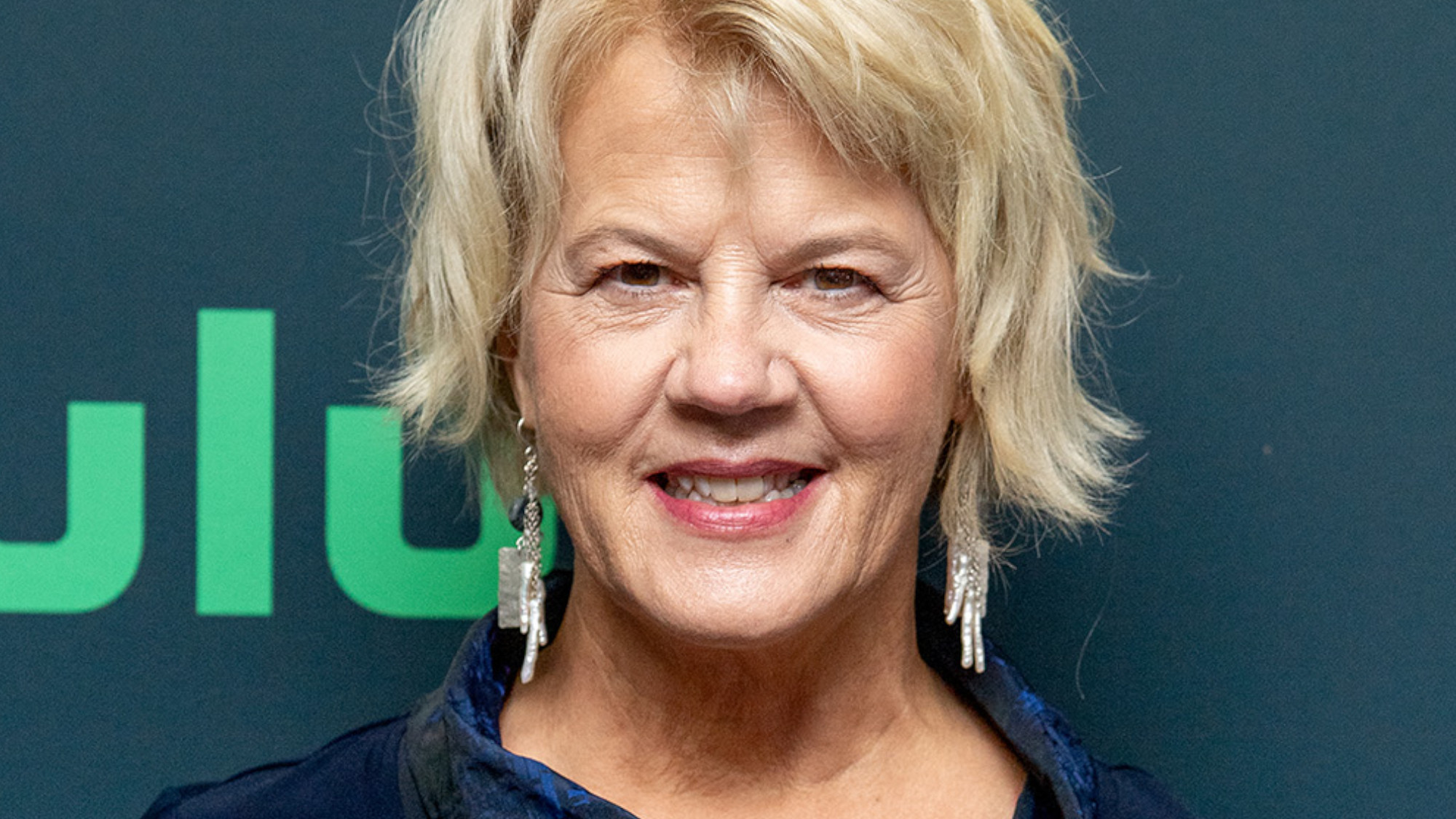 Beth Macy’s 6 favorite books about living in a divided nation
Beth Macy’s 6 favorite books about living in a divided nationFeature The journalist recommends works by Nicholas Buccola, Matthew Desmond, and more
-
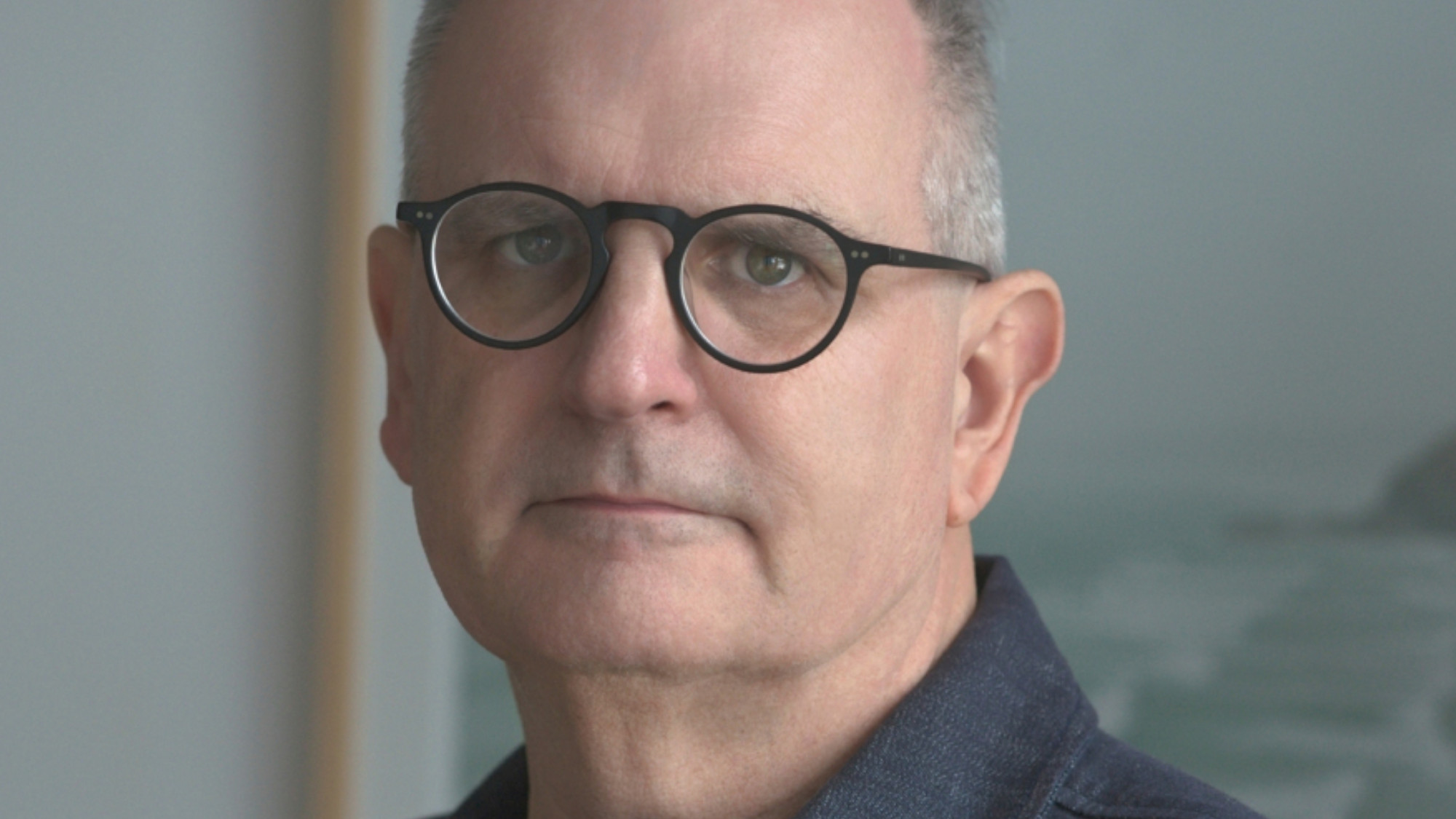 Gilbert King’s 6 favorite books about the search for justice
Gilbert King’s 6 favorite books about the search for justiceFeature The journalist recommends works by Bryan Stevenson, David Grann, and more
-
 Nathan Harris’ 6 favorite books that turn adventures into revelations
Nathan Harris’ 6 favorite books that turn adventures into revelationsFeature The author recommends works by Kazuo Ishiguro, Ian McGuire, and more
-
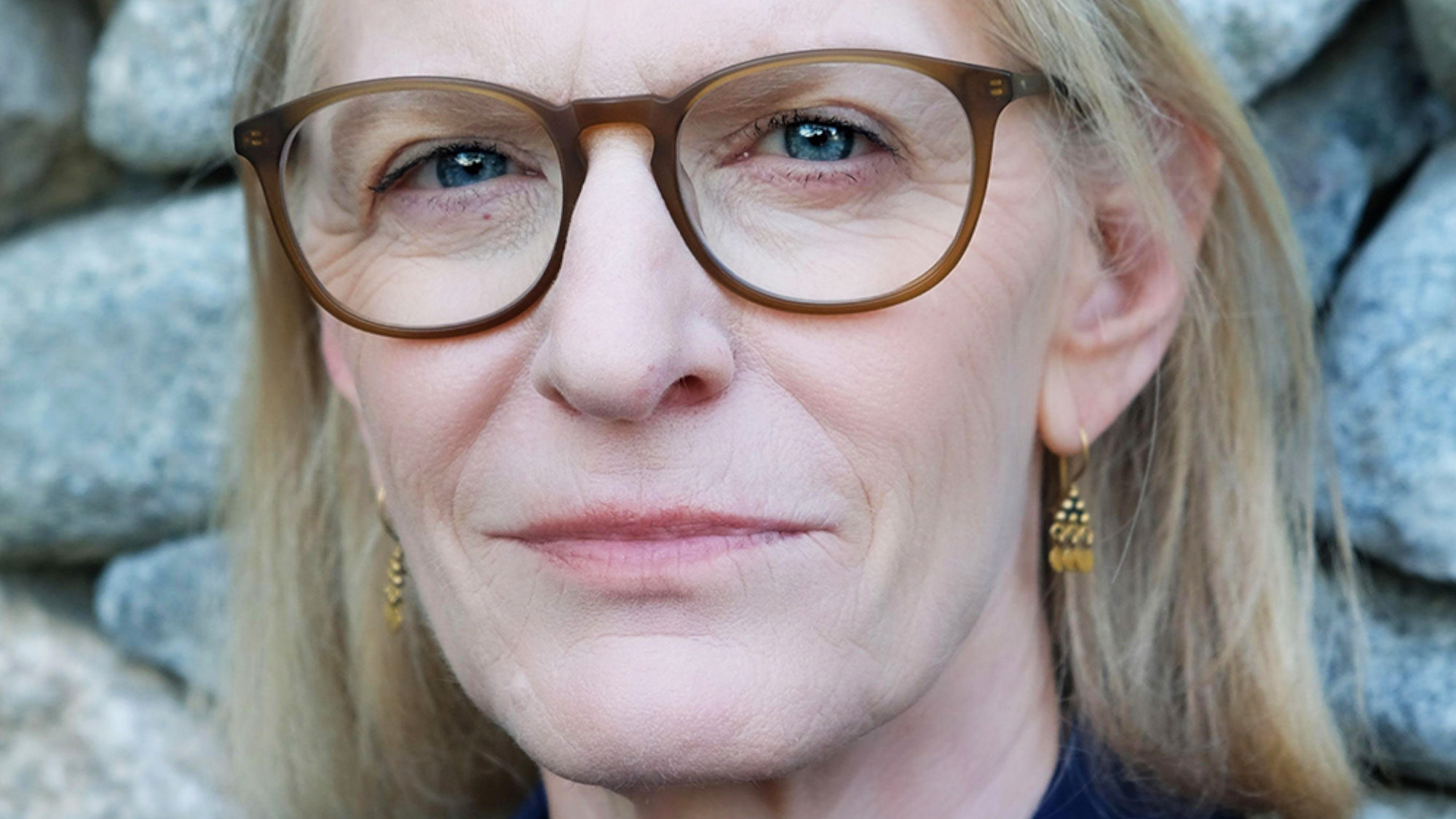 Marisa Silver’s 6 favorite books that capture a lifetime
Marisa Silver’s 6 favorite books that capture a lifetimeFeature The author recommends works by John Williams, Ian McEwan, and more
-
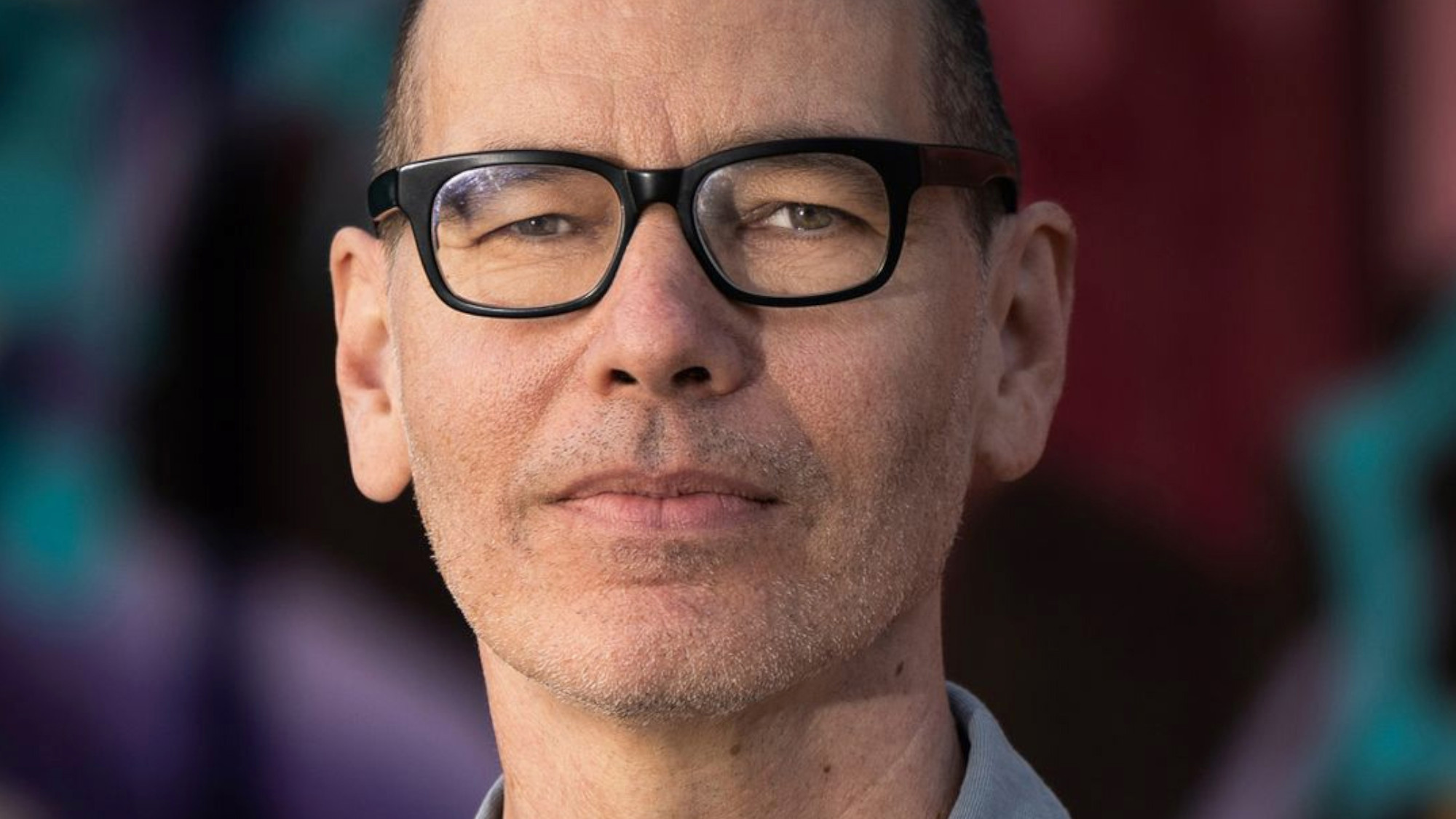 Lou Berney’s 6 favorite books with powerful storytelling
Lou Berney’s 6 favorite books with powerful storytellingFeature The award-winning author recommends works by Dorothy B. Hughes, James McBride, and more
-
 Elizabeth Gilbert’s favorite books about women overcoming difficulties
Elizabeth Gilbert’s favorite books about women overcoming difficultiesFeature The author recommends works by Tove Jansson, Lauren Groff, and more
-
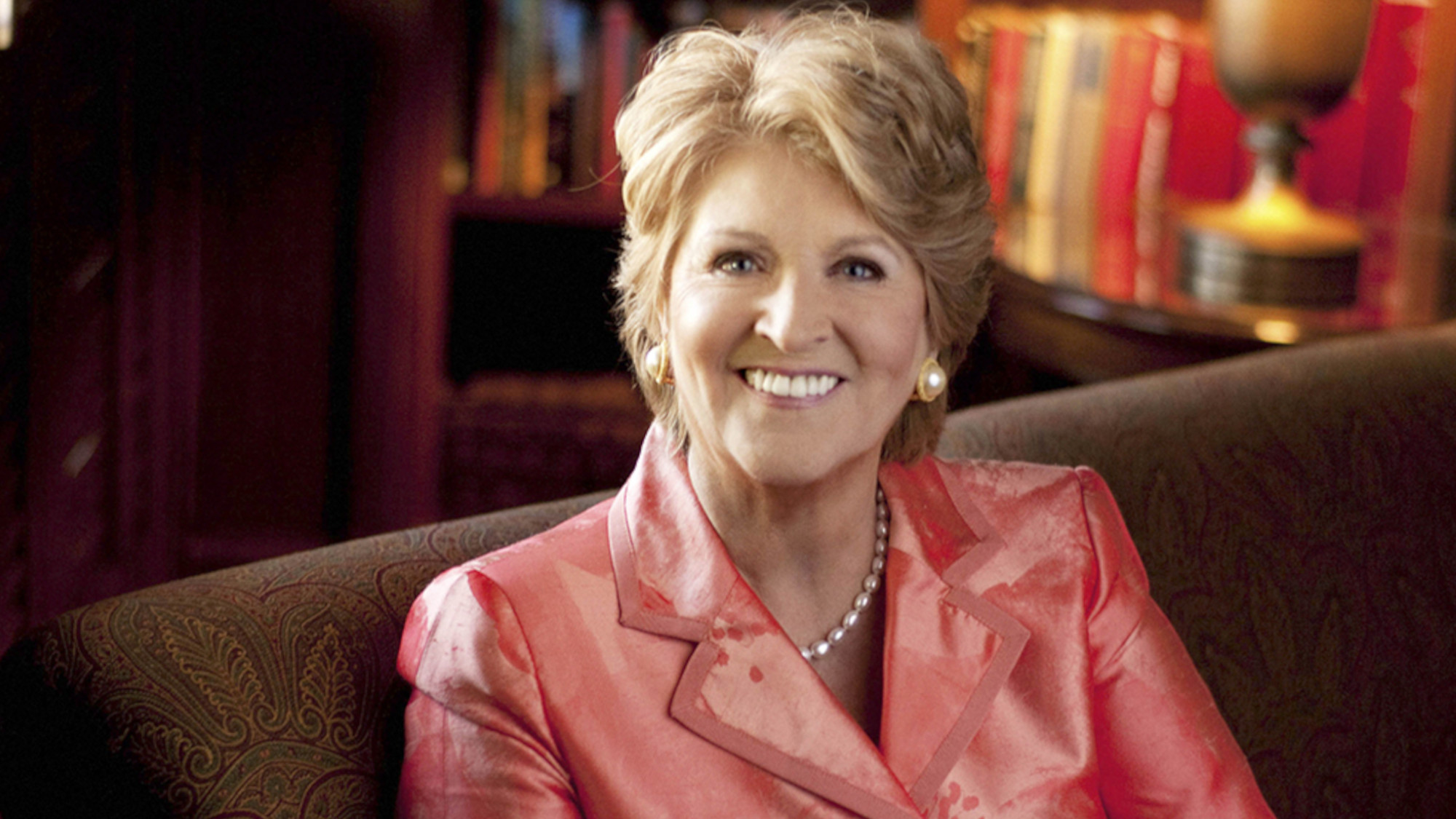 Fannie Flagg’s 6 favorite books that sparked her imagination
Fannie Flagg’s 6 favorite books that sparked her imaginationFeature The author recommends works by Johanna Spyri, John Steinbeck, and more
-
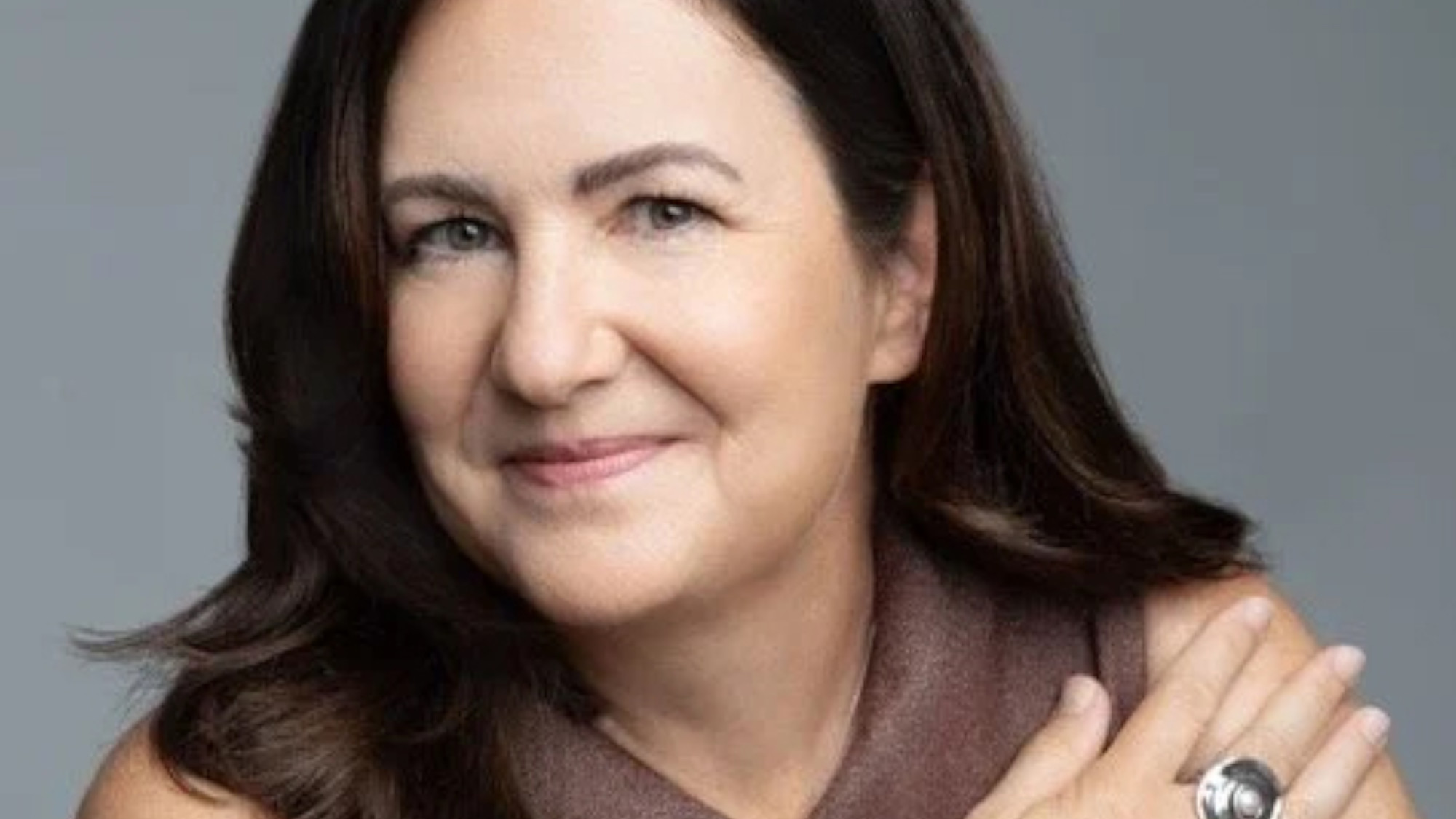 Jessica Francis Kane's 6 favorite books that prove less is more
Jessica Francis Kane's 6 favorite books that prove less is moreFeature The author recommends works by Penelope Fitzgerald, Marie-Helene Bertino, and more